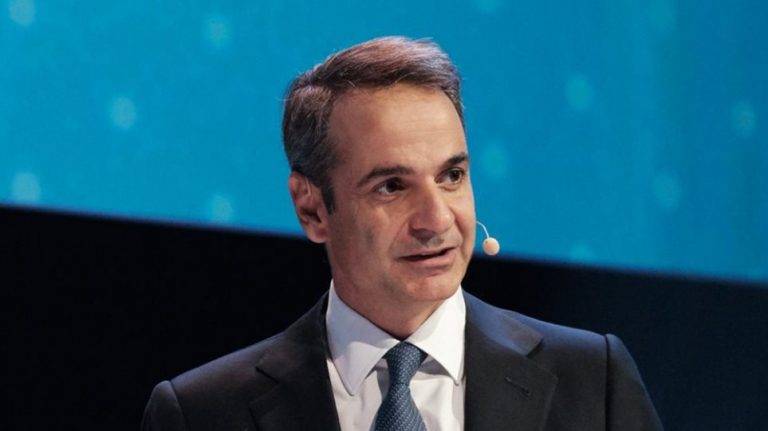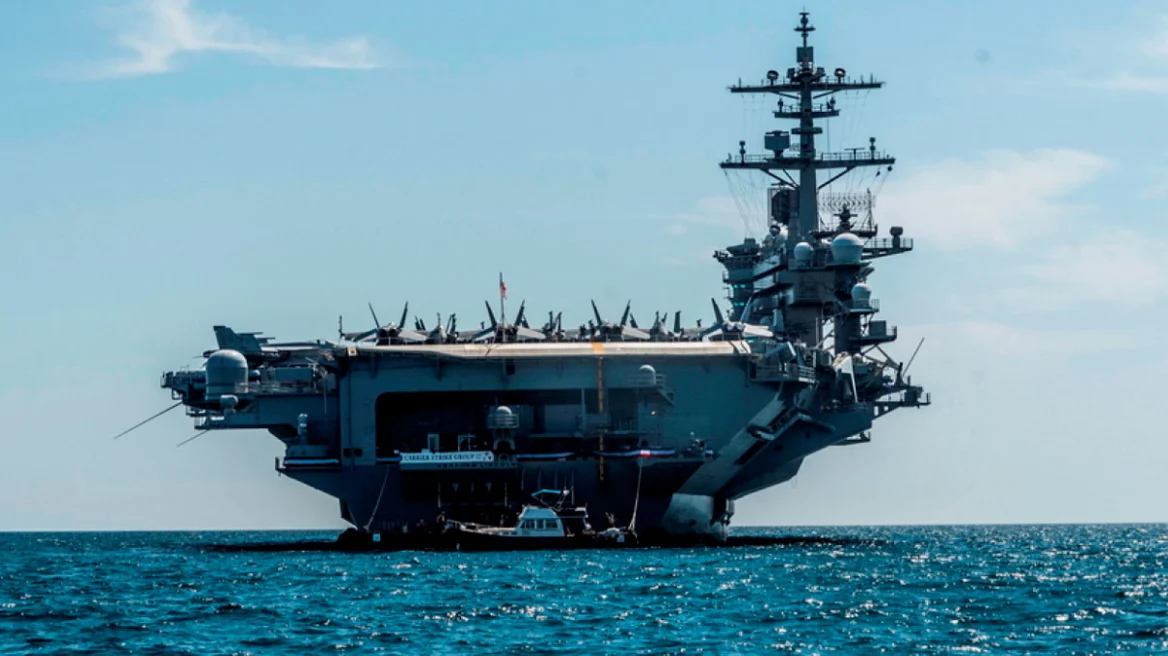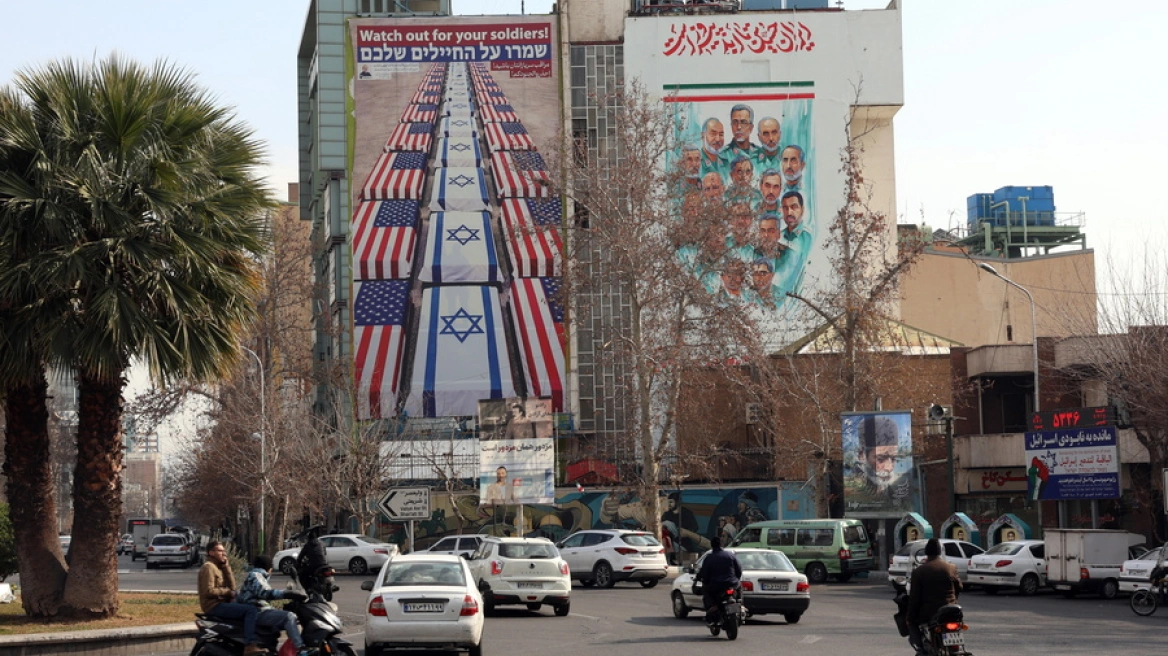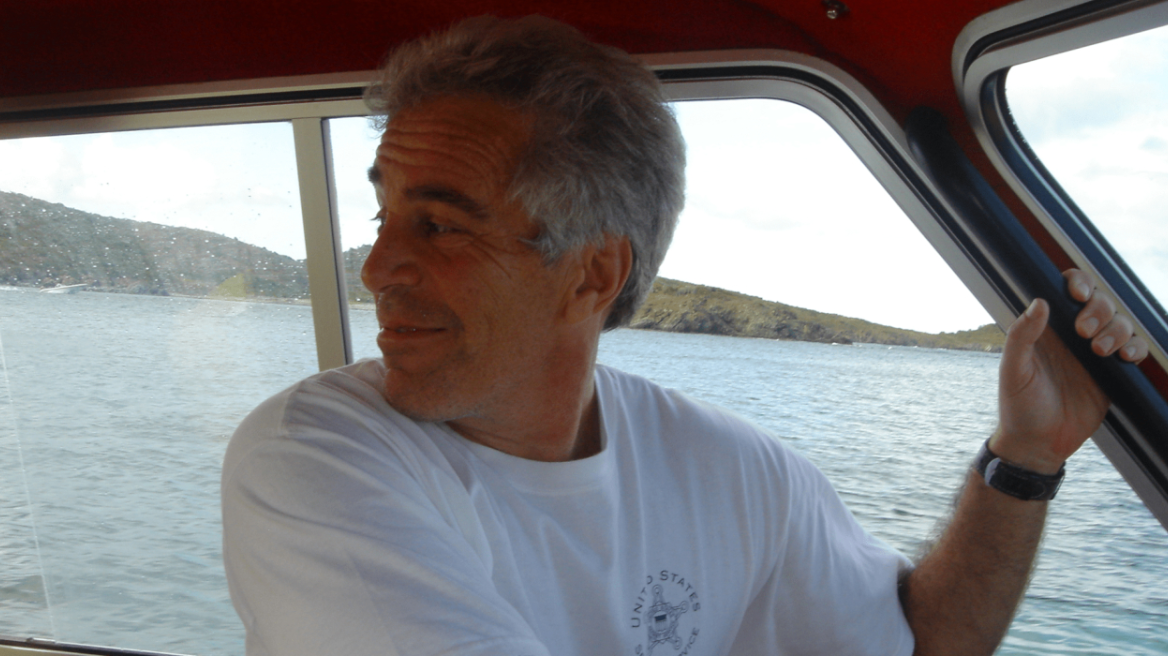Prime Minister Kyriakos Mitsotakis said Greece would be open to settling any disputes with Turkey by referring to the International Court of Hague in an interview to newspaper To Vima.
“I think that, yes, we must state clearly that if we are unable to reach an agreement, then we must agree that the sole difference recognised by Greece should tried by an international judicial forum, such as the International Court at The Hague. And to be absolutely clear, I am referring to the delimitation of the continental shelf and the maritime zones in the Aegean and the Eastern Mediterranean. If we believe – and we do believe – that we have right on our side, then we have nothing to fear as a country from this development,” he said.
In the interview covering a wide range of topics, he noted Greece has nothing to fear from a recourse to the international court at The Hague.
While Greece wanted and still wants good neighbour relations, friendship and dialogue with Turkey, he said, “this does not mean that Greece will not defend its sovereign rights with all the means at its disposal, activating a very dense network of diplomatic initiatives in order to repel the Turkish side’s latest illegal actions, which are outside of international legality and common sense.”
Turkey’s recent choices have left it exceptionally isolated, Mitsotakis pointed out, unlike Greece, whose positions are always based on upholding international law and have met with universal acceptance and the support of a host of countries, while at the same time boosting its deterrent strength.
Mitsotakis noted that resort to The Hague required absolute certainty that Greece had right on its side but also a complete willingness to accept the final decision of the international court. “An initiative of this kind will have the support of all the political forces. It is necessary that this happens. Judging by the public statements of the other parties, I do not see any substantial objection,” he said.
On his upcoming visit to the White House and the meeting with U.S. President Donald Trump, the Greek premier said that Greece and the U.S. were now “closer than ever” and that Greece, as a reliable ally of America, expects that this be confirmed through actions, not just words.
“We can deepen our defence cooperation even further, for example in the sector of drones. We will also begin a discussion on eventually acquiring F-35 aircraft, once fiscal conditions permit,” Mitsotakis said. He hailed the vote on the East Med Act as a “historic development” and said that U.S. support for the East Med pipeline acknowledged the necessity of diversifying energy supply sources to Europe. Combined with the Alexandroupolis Floating Storage and Regasification Unit (FSRU), this placed Greece well and truly on the global energy map, he added.
“With President Trump we will talk about investments. He is known for his business acumen. I am certain that he won’t want American businesses to miss the opportunity of participating in Greece’s success story!” Mitsotakis added.
Questioned about allegations of excessive use of force and “humiliating treatment” of arrested persons by the police, the prime minister expressed his full support for both the police and the citizen protection minister, Michalis Chrisochoidis. One of his pre-election pledges, he pointed out, was that the police would be given the freedom to do their job, “and that is what we are doing as a government.”
Acts of misconduct by individual police officers will be investigated and dealt with, he said, adding: “At some point we must come to realise that in an organised state, the monopoly on legal violence is held only by the state. In fact, it is not exercised by choice but by necessity, for the common good.”
Mitsotakis also spoke of a need to speak up for those whose lives were being disrupted: “What are these incidents? Are they isolated? No. They are generalised and they must stop…democracy knows how to act and react, to protect but also to protect itself,” he said, while stressing that terrorism, in particular, “will be crushed – not stamped out but crushed!”
On economic issues, Mitsotakis revealed that the government intends to officially request the lowering of primary surplus targets in the first half of 2020, so that this can be included in the 2021 budget. He also appeared certain that further reductions of the ‘solidarity levy’ will be possible in 2020.
source amna
Ask me anything
Explore related questions





